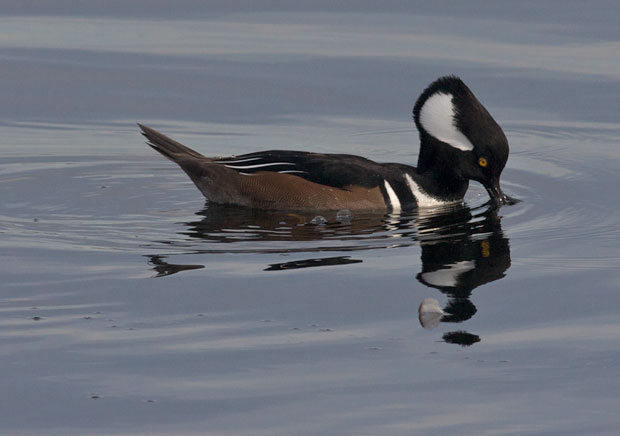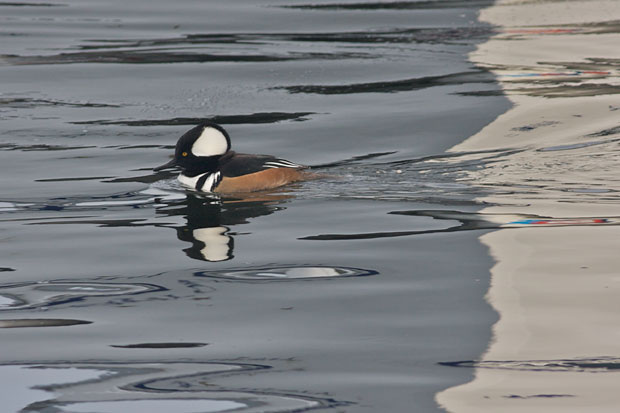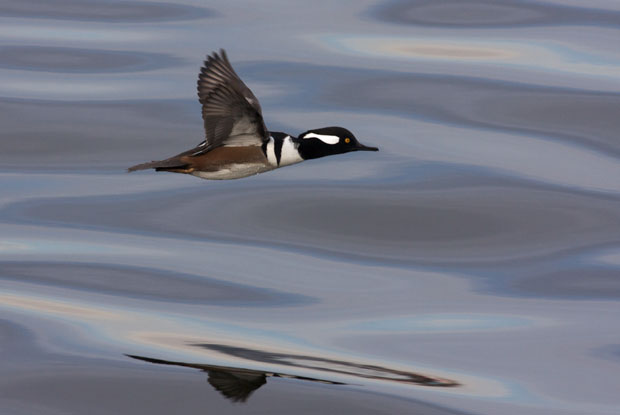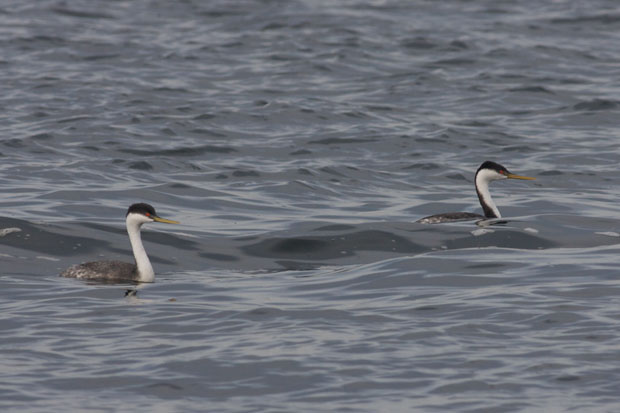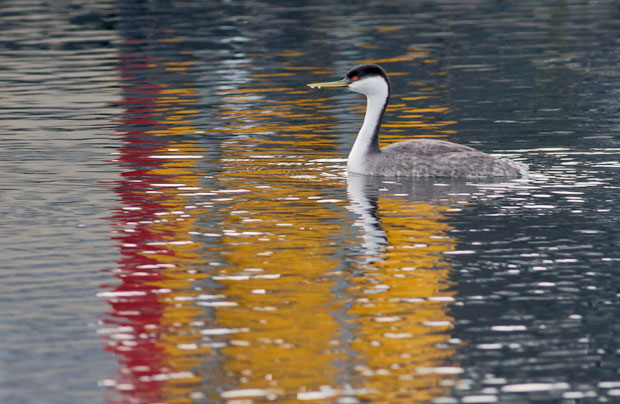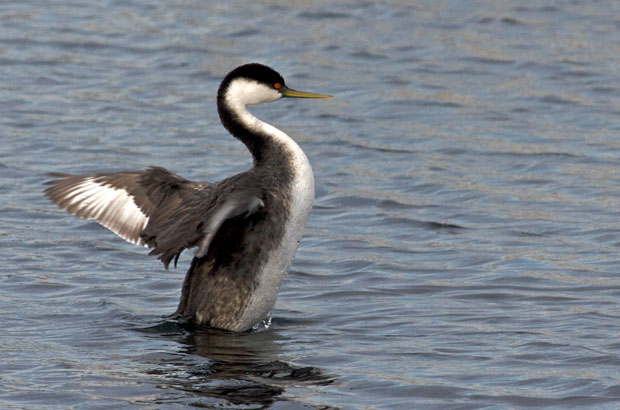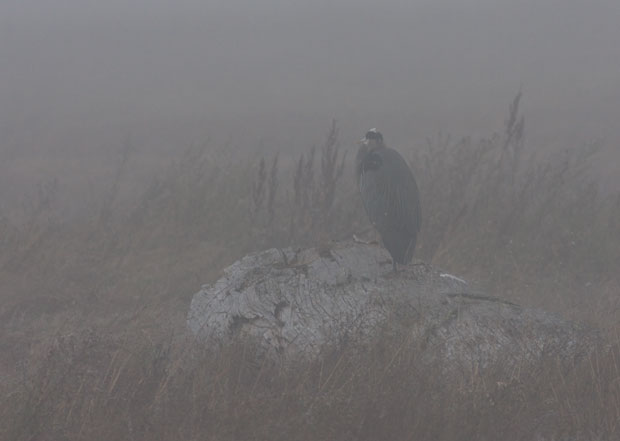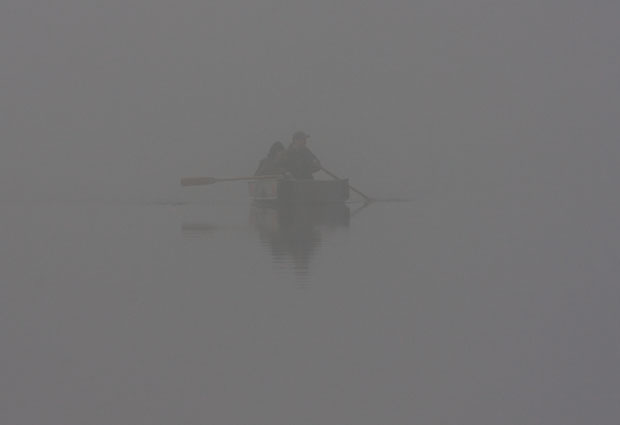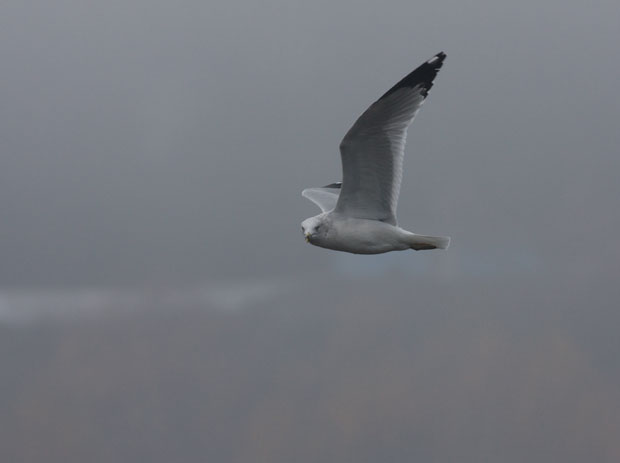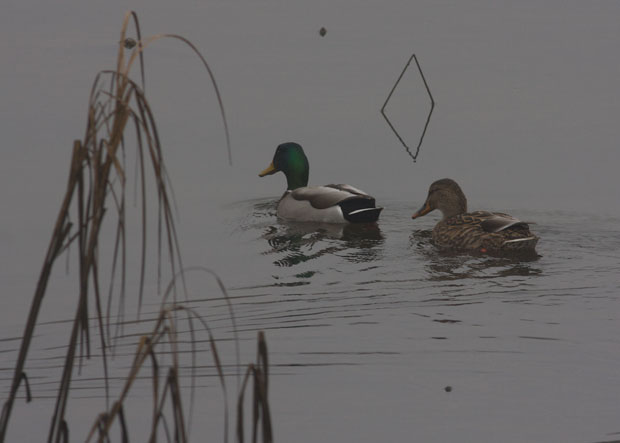A few days ago I cited the Prologue to “In Praise of Darkness,” and here’s the title poem from that work:
IN PRAISE OF DARKNESS
Old age (the name that others give it)
can be the time of our greatest bliss.
The animal has died or almost died.
The man and his spirit remain.
I live among vague, luminous shapes
that are not darkness yet.
Buenos Aires,
whose edges disintegrated
into the endless plain,
has gone back to being the Recoleta, the Retiro,
the nondescript streets of the Once,
and the rickety old houses
we still call the South.
In my life there were always too many things.
Democritus of Abdera plucked out his eyes in order to think;
Time has been my Democritus.
This penumbra is slow and does not pain me;
it flows down a gentle slope,
resembling eternity.
My friends have no faces,
women are what they were so many years ago,
these corners could be other corners,
there are no letters on the pages of books.
All this should frighten me,
but it is a sweetness, a return.
Of the generations of texts on earth
I will have read only a few-
the ones that I keep reading in my memory,
reading and transforming.
From South, East, West, and North
the paths converge that have led me
to my secret center.
Those paths were echoes and footsteps,
women, men, death-throes, resurrections,
days and nights,
dreams and half-wakeful dreams,
every inmost moment of yesterday
and all the yesterdays of the world,
the Dane’s staunch sword and the Persan’s moon,
the acts of the dead,
shared love, and words,
Emerson and snow, so many things.
Now I can forget them. I reach my center
my algebra and my key,
my mirror.
Soon I will know who I am.
Although this poem stands on its own, it is much more poignant if you know that Borges, like his father, gradually went blind in his 50’s and 60’s.
Borges equates this loss of vision with old age, and “the animal has died, or almost,” physical desires no longer dominate a man’s, or woman’s, life but the “spirit” remains. Many would be devastated by this loss of eyesight, but the line ” In my life there were always too many things.” would suggest that the loss of eyesight may be a blessing, a way of making the poet see what is important in life.
With the loss of sight comes greater insight: “Democritus of Abdera plucked out his eyes in order to think; Time has been my Democritus.” Much of what we see draws us away from our own thoughts. It’s easy to get so caught up reading what’s “new” that you can’t find the time to sit down and simply think your own thoughts. Without this distraction, the narrator suggests that he will have time to reflect on “the ones that I keep reading in my memory.” I’ve certainly felt that way at times; I’m so busy reading poets that I’ve never read before that I don’t take the time to go back and re-read the poets, or authors, that have most impressed me in the past.
More to the point, the poet feels that shutting all these distractions out will help him reach his center, his algebra, his key, his mirror. Soon he will know who he is.
I suspect anyone who has spent much time meditating can identify with this. It’s amazing how good it feels to spend time alone in the darkness, free of other’s thoughts, simply feeling at one with yourself and with the darkness.

